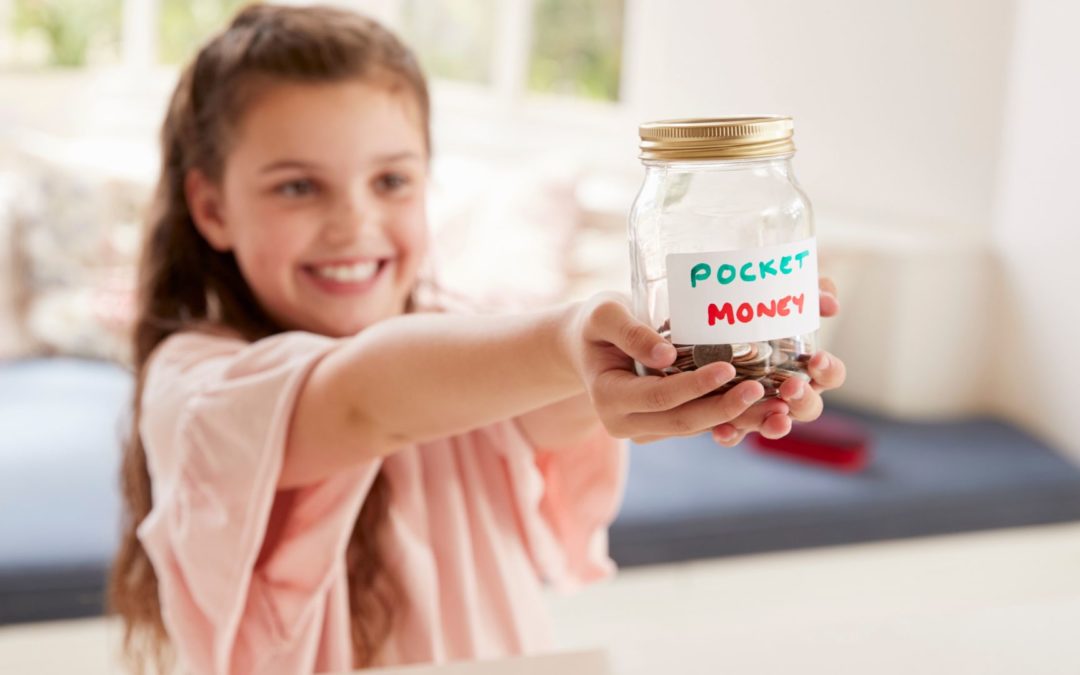
Many of us are finding that our income isn’t going as far as it used to- the soaring costs of energy, petrol and food is taking it’s toll. As a result, stress levels are rising.
A recent study by BACP found that the cost of living is causing a major decline in mental health. Not only does less disposable income cause a strain, but it also reduces people’s ability to spend on activities that promote wellbeing, such as socialising or hobbies.
Ways to cope with the cost of living crisis
Here are some practical measures you can take for dealing with the stress of the crisis, and calming ways to look after your mental health too:
Work out your budget
Allowing finances to run away from you only makes matters worse. Use your bank app to take an honest look at how much your necessary outgoings cost, and make a list. Include food and petrol. This shows you how much you have left clearly so you know where you are with your finances and can plan accordingly. You might wish to consider earning some extra income.
Don’t scrimp on anything necessary to your health
Recent reports showed that many asthmatics had actually suffered asthma attacks as a result of trying to save money by not using their inhaler. Ensure you use prescribed medicines as directed by your Dr. There are ways to save money on medications; people on some benefits are eligible for free prescriptions, as detailed here. If you have regular prescriptions, you can save a lot of cash by paying via the NHS prepayment scheme.
Arm yourself with knowledge
It can help your stress levels to know how to save money during the crisis, and the Money Saving Expert website is a goldmine of fully up-to-date information. You can save money on your bills, car, debt repayments and food expenditure by following their advice.
Get outside
While it can be tempting to hibernate when feeling low, getting exercise can provide a major boost to your mental health. Plus you don’t need a gym membership; even going for a walk has been proven to increase sleep, give you more energy and improve mood. You can also work out at home using the thousands of free workout videos on YouTube, or go for a run. Getting exercise in local parks and forests will add an extra dose of wellbeing, and the kids will be keen to join in!
Find little ways to make yourself happy
Money may be tight but it’s still important to look after number 1. Arrange to meet a friend for a pint or a game of football in the park, cook your favourite meal, or slob out with a great movie. Make time for yourself and your mental health will reap the benefits.
Go to bed earlier
The more rest you get, the better you feel. Try turning in an hour earlier, switching off your phone, and reading a book instead to aid better sleep.
Write your stresses down
It might sound silly, but try taking 5 minutes to do a ‘brain dump’- emptying all of your concerns and worries out of your head and into a list. This simple, quick technique helps stop the anxieties swirl around your brain, and feels like a release. If a particular issue is causing you the most concern, then brainstorm some ways to overcome it. This offers you hope of getting through the difficult situation, which can help calm the brain.
Phone or visit a friend or loved one
Socialising with people we love and enjoy being with can help in a number of ways. It costs nothing to have a chat with a friend, and sharing problems helps unburden the mind. Plus, being with friends and family can help you feel supported and valued.
Try mindfulness
Mindfulness is a technique proven to lower anxiety, depression and stress. It’s about being in touch with what’s happening around you rather than consumed by what’s on your mind. To start with, you can try mindfulness while completing a short activity like brushing your teeth, engaging your senses with the sensations you feel, the smell of the toothpaste and your feet on the floor. For more mindfulness activities and information, head to the Mind website.
Further information
To talk to other parents, come and chat on our friendly forum.
NHS- Coping with financial worries









